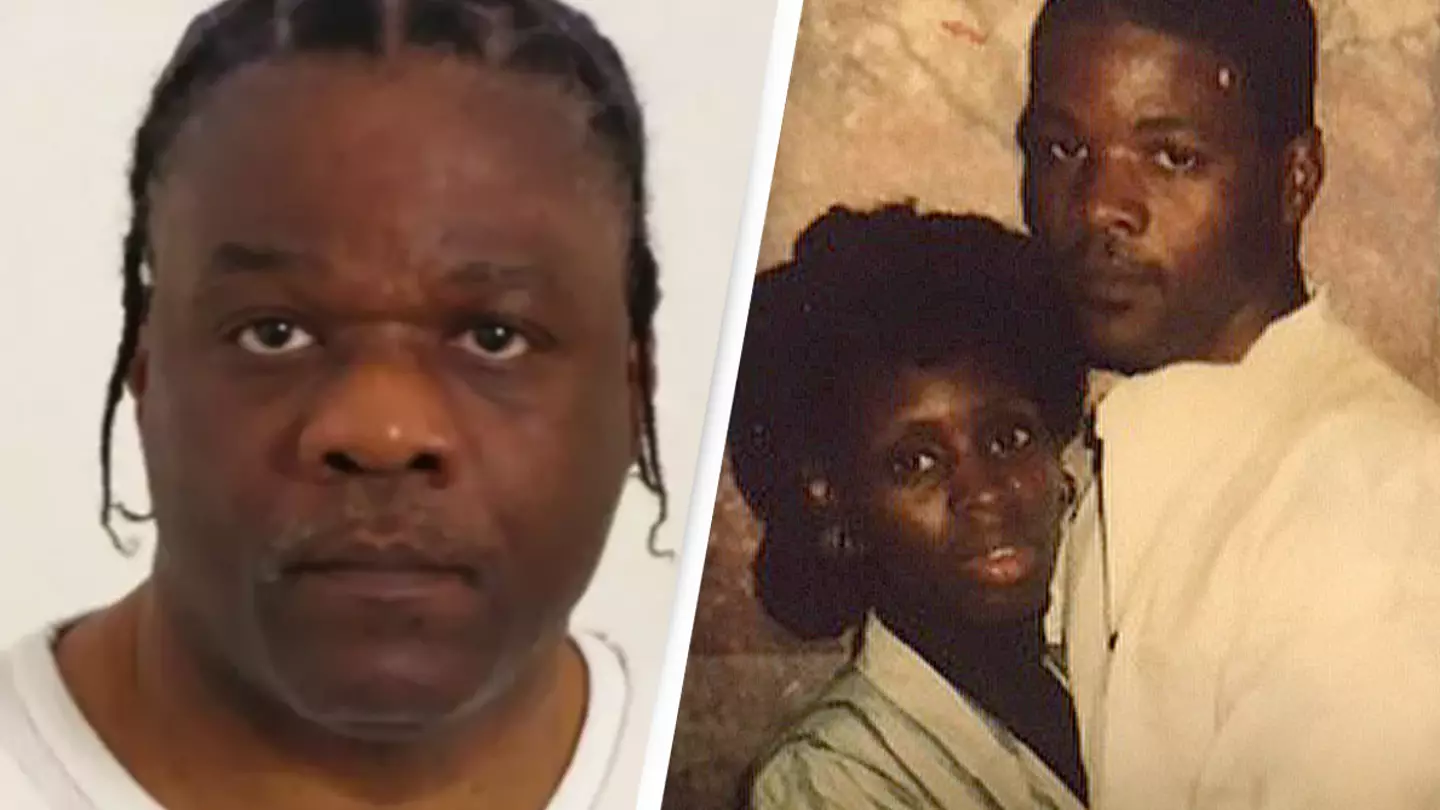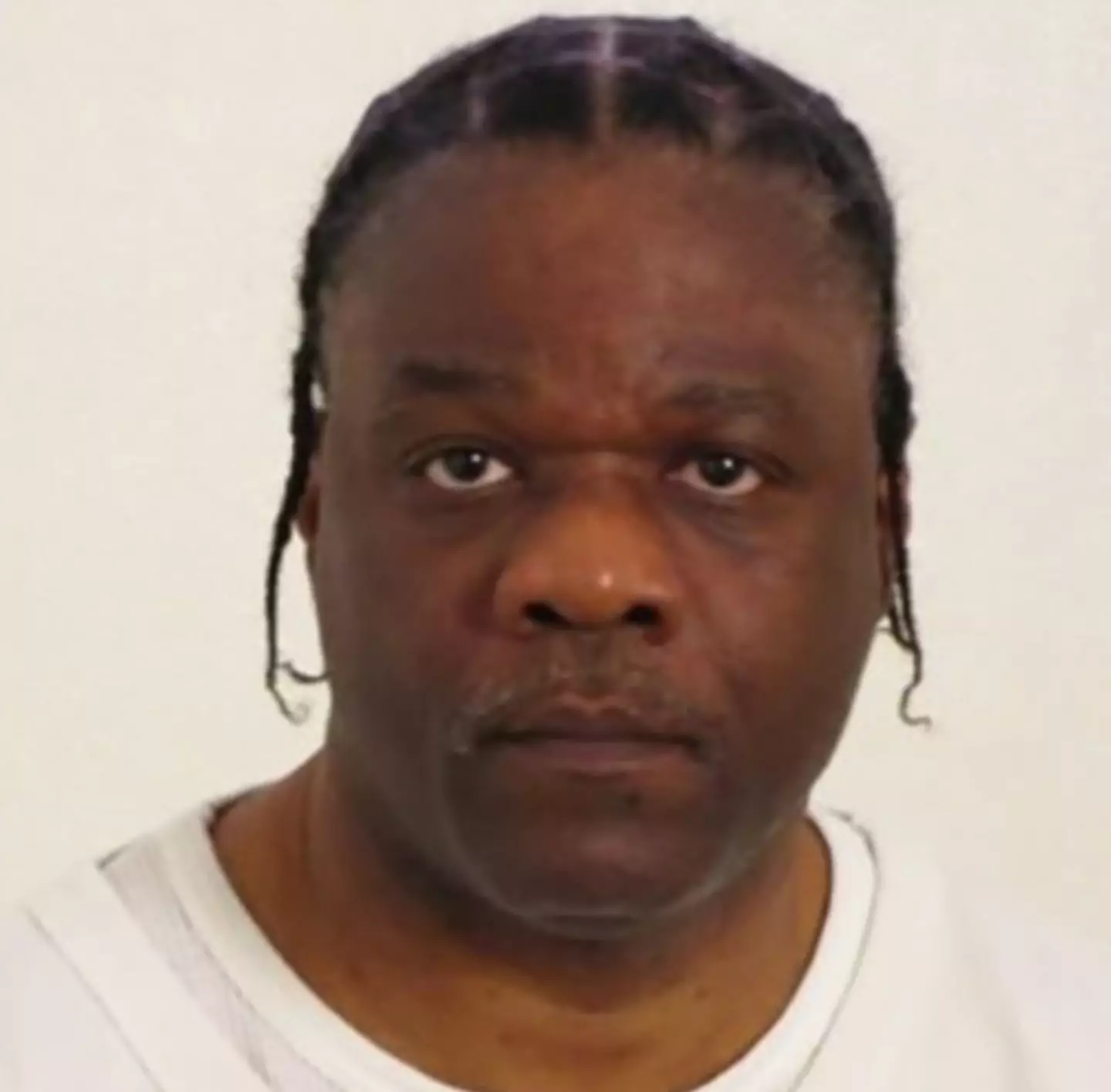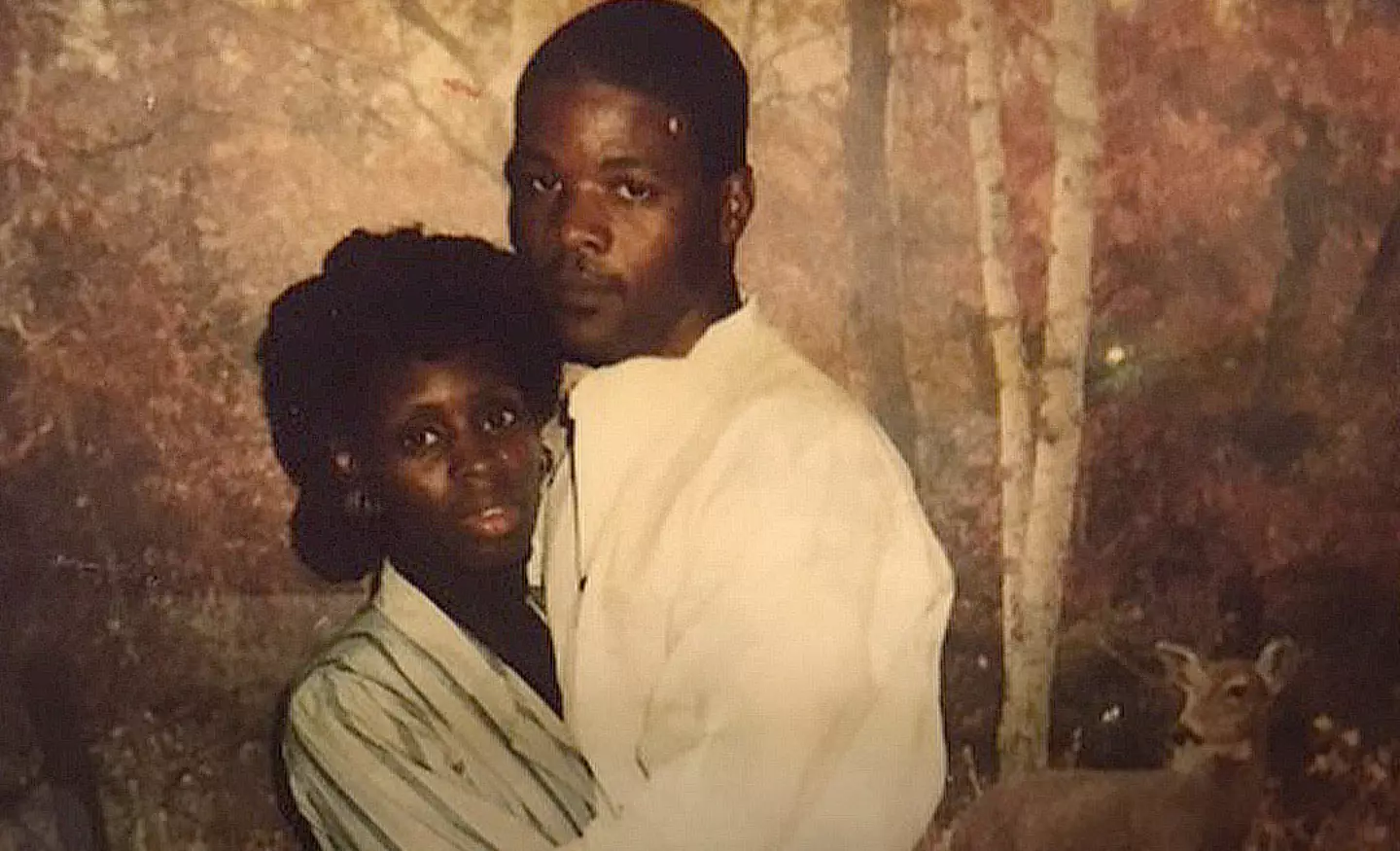

The family of Ledell Lee were left heartbroken after another individual's DNA was found on the murder weapon four years after he was executed for murder.
Back in 1995, Lee was convicted of the 1993 murder of Debra Reese, who was found deceased after having been 'strangled and beaten' with a small wooden bat.
The Arkansas Supreme Court affirmed the conviction in 1997, but there has long been questions as to whether Lee actually committed the crime.
Advert
Several of Reese’s neighbors had told investigators they saw Lee near the murder scene, but his family rebuffed that in a lawsuit filed in 2020.
"No physical evidence directly tied Mr. Lee to the murder of Ms. Reese," they said.


Lee was executed on April 20, 2017, and maintained in his innocence in his last words to the BBC.
Advert
"My dying words will always be, as it has been: I am an innocent man," he said.
Four years later, in 2021, an attorney for Lee's family claimed someone else's DNA was found on the murder weapon, which raised further questions surrounding Lee's conviction and ultimate conviction.
Lee Short, who had been Lee's attorney, told CNN: "I think if those results had been had before he was executed, he’d still be alive."
The DNA testing, which was commissioned by attorneys representing Lee's family, the Innocence Project and the American Civil Liberties Union, found DNA belonging to an unknown man on the murder weapon.
Advert
CNN reports the DNA found on the weapon matches that also found on a bloody white t-shirt wrapped around it, attorneys said.
DNA testing was also done for six hairs that were found at the crime scene and ultimately presented at the trial that saw Lee sent down.
Well, the summary states testing ruled out Lee as a source after examining five of the six hairs.


Advert
Lee’s sister, Patricia Young, released the following statement via the Innocence Project following the findings: "We are glad there is new evidence in the national DNA database and remain hopeful that there will be further information uncovered in the future."
She added: "We ask for privacy for our family in this difficult time.”
The DNA testing was done after Lee's conviction, though his attorneys did try for them during the appeal process.
The attempt was ultimately denied.
Advert
"The reasoning given by the judge was it wouldn’t matter, that there were three people who saw him at or near that neighborhood on that day and time and honestly the DNA just wouldn’t matter,” Short said.
Meanwhile, former governor of Arkansas, Asa Hutchinson, said the evidence was 'inconclusive, and the fact is that the jury found him guilty based upon the information that they had.'
Topics: Crime, US News, True crime